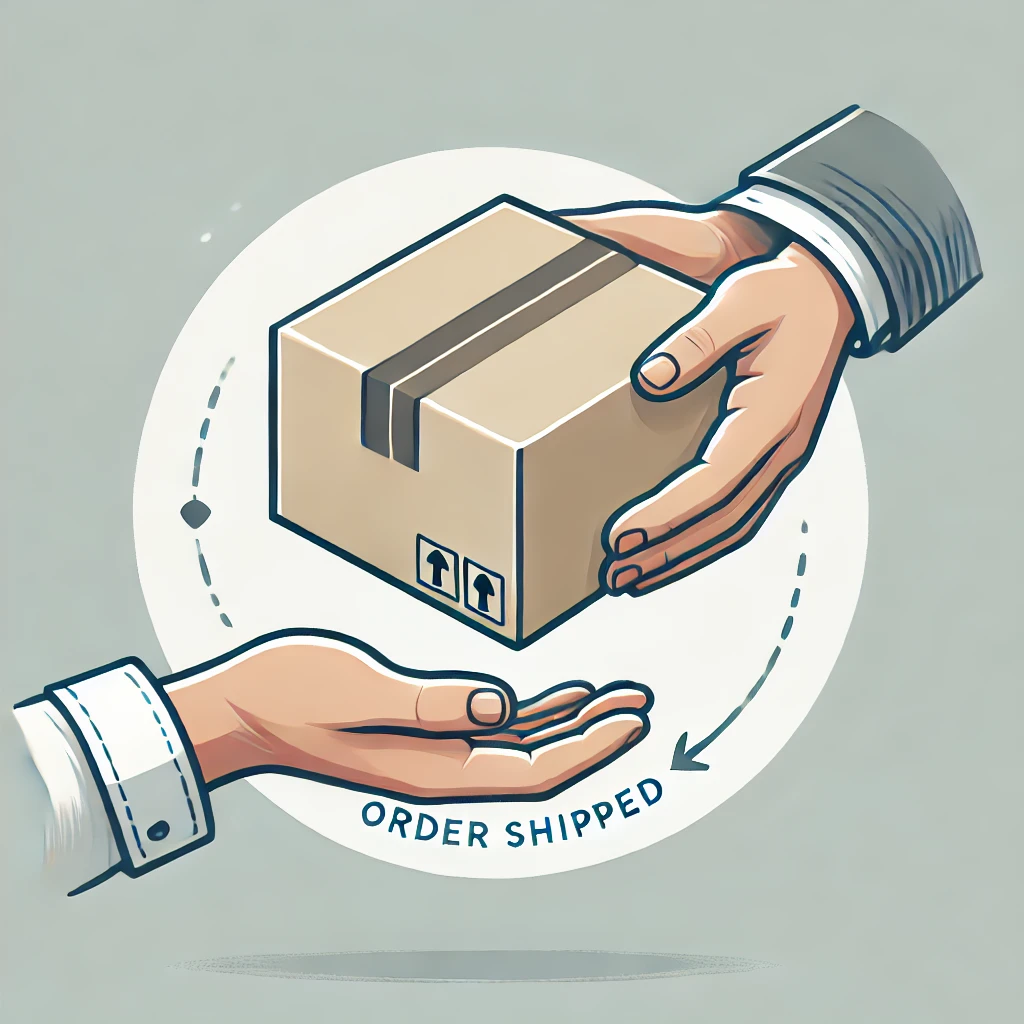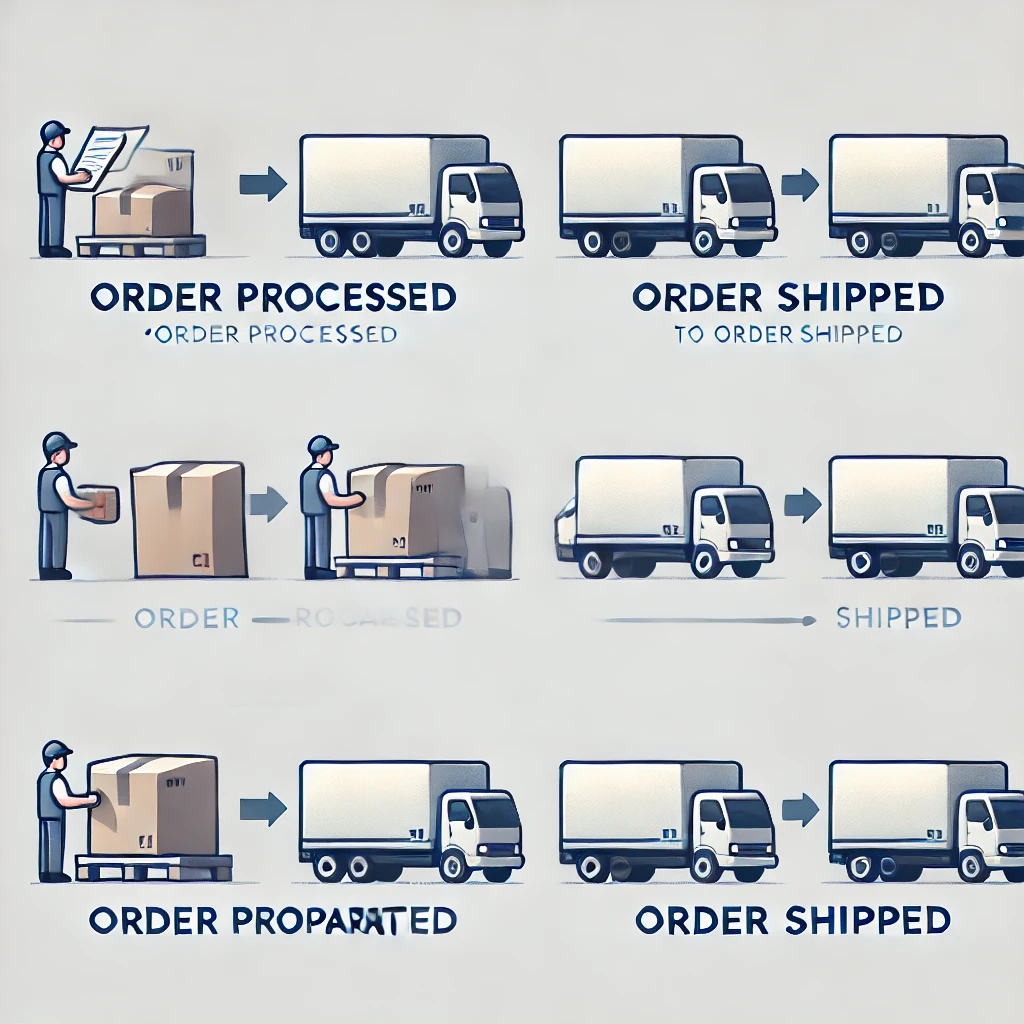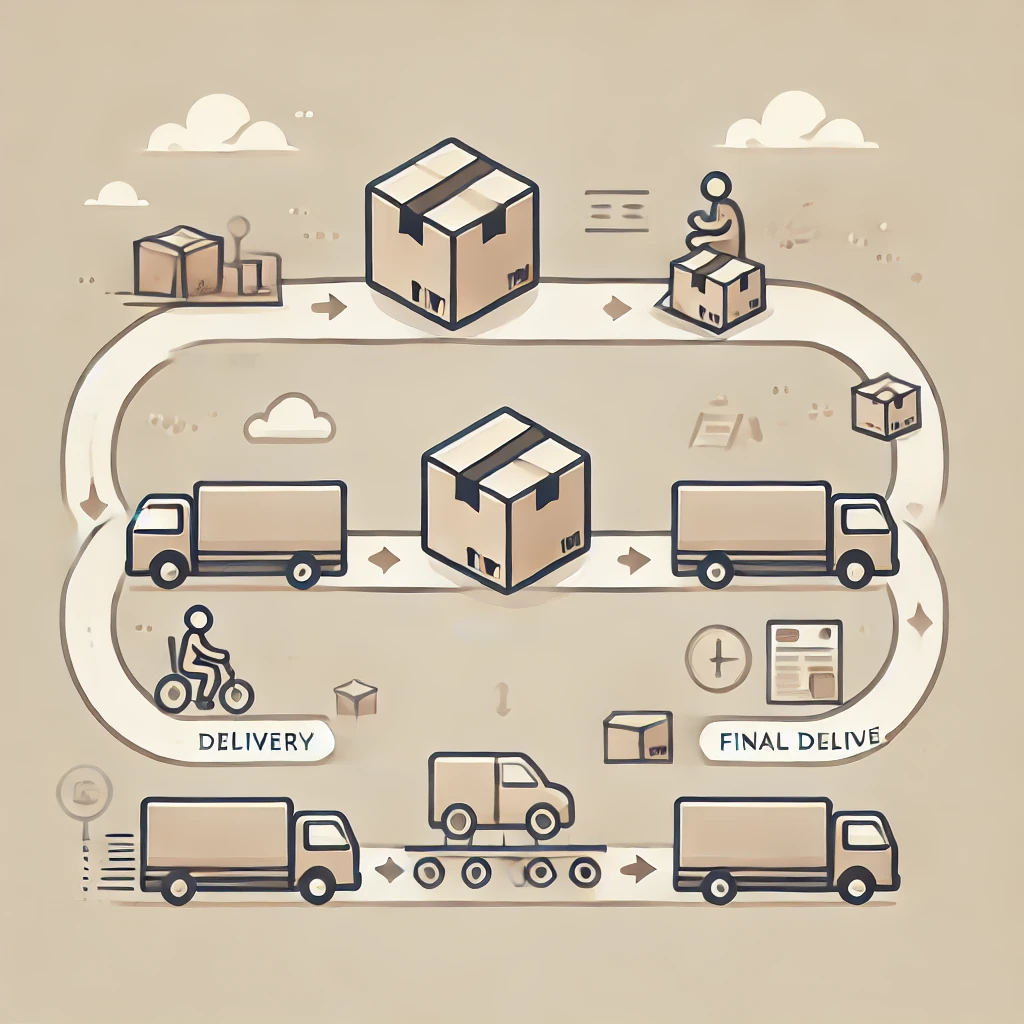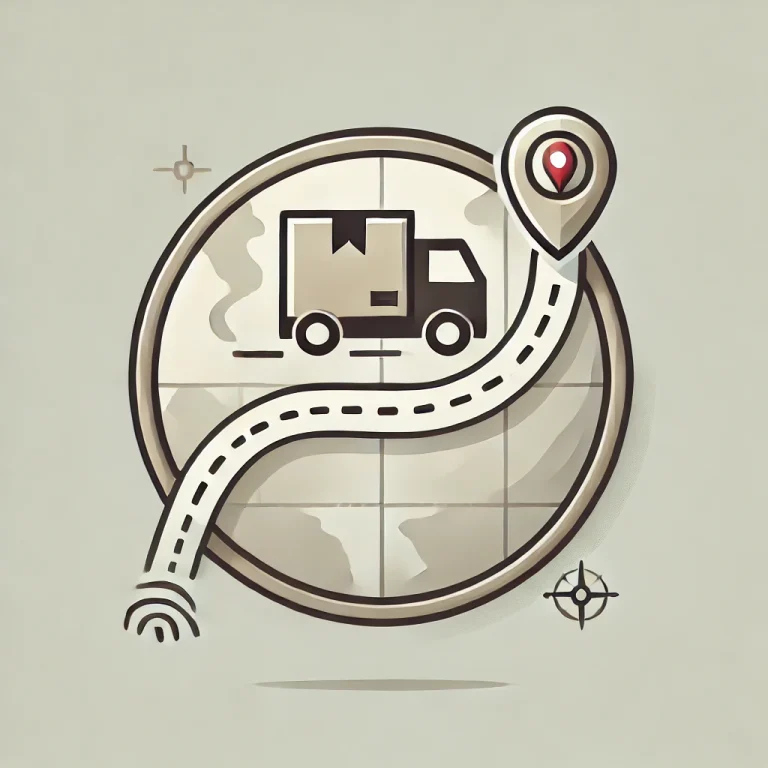What Does 'Order Shipped' Mean? A Comprehensive Guide to Shipping Orders and Logistics

Understanding the Basics: What Does Order Shipped Mean?
When you receive a notification that your order has shipped, it signifies a crucial milestone in the order fulfillment process. But what exactly does “order shipped” mean?
Definition of “Order Shipped”
“Order shipped” means that the seller or vendor has processed your order, packaged the items, and handed them over to a shipping carrier for delivery. At this point, your package has left the seller’s facility and is en route to its destination.
Order Shipped vs. Order Processed
It’s important to distinguish between an order being “shipped” and merely being “processed”:
- Order Processed: The seller has received and acknowledged your order but hasn’t yet prepared it for.
- Order Shipped: The package has been handed over to a shipping carrier and is in transit.
The Shipping Order Process
To fully grasp what “order shipped” means, it’s essential to understand the entire shipping order process.
1. Order Placement
The journey begins when a customer places an order, typically through an e-commerce platform or directly with a vendor.
2. Order Processing
Once received, the order is processed by the seller. This involves:
- Verifying payment
- Checking inventory
- Allocating items for the order
3. Picking and Packing
After processing, items are:
- Retrieved from inventory (picking)
- Carefully packaged for shipping (packing)
4. Shipping Label Creation
A shipping label is generated, containing crucial information such as:
- Recipient’s address
- Sender’s address
- Package weight and dimensions
- Shipping method
5. Carrier Pickup or Dropoff
The packaged order is then:
- Picked up by the shipping carrier, or
- Dropped off at a carrier facility by the seller
6.Status
At this point, the order status changes to “shipped,” and the customer typically receives a notification.
7. In Transit
The package moves through the carrier’s network towards its destination.
8. Delivery
Finally, the package reaches the recipient, completing the shipping process.

Types
Understanding what means also involves knowing about different types of shipping orders.
1. Standard
These are typical orders with no special handling requirements.
2. Express or Priority
Orders that need to be delivered faster than standard shipping.
3. International
Orders that cross national borders, often requiring additional documentation.
4. Freight
Large or bulk shipments that may require special handling or transportation methods.
Shipping Carriers and Their Role
When an order is shipped, it’s handed over to a shipping carrier. Common carriers include:
- USPS (United States Postal Service)
- FedEx
- UPS (United Parcel Service)
- DHL
Each carrier has its own:
- Tracking systems
- Delivery timeframes
- Shipping options
Tracking
Once an order is shipped, tracking becomes essential. Here’s what you need to know:
What is Shipment Tracking?
Shipment tracking is a system that allows you to monitor the progress of your package from the moment it’s shipped until it’s delivered.
How to Track
- Obtain the tracking number provided by the seller
- Visit the carrier’s website or app
- Enter the tracking number to view real-time updates
Common Tracking Statuses
- Picked Up: The carrier has received the package
- In Transit: The package is moving through the carrier’s network
- Out for Delivery: The package is on its way to its final destination
- Delivered: The package has reached the recipient
The Importance of "Order Shipped" for Businesses
For businesses, understanding what “order shipped” means is crucial for several reasons:
1. Customer Satisfaction
Prompt shipping and clear communication about order status can significantly enhance customer satisfaction.
2. Inventory Management
Knowing when orders are shipped helps businesses manage their inventory more effectively.
3. Cash Flow
The “order shipped” status often triggers payment processing, impacting a business’s cash flow.
4. Performance Metrics
Tracking how quickly orders are shipped after being placed is a key performance indicator for many businesses.

Common Questions
What Does It Mean When an Order is Shipped?
It means the seller has prepared your package and handed it over to a shipping carrier for delivery.
Order Shipped Meaning vs. Order Delivered Meaning
- Order Shipped: The package has left the seller’s facility and is in transit.
- Order Delivered: The package has reached its final destination and been received by the recipient.
What is the Difference Between Shipping and Delivery?
- Shipping refers to the process of transporting goods from the seller to the buyer.
- Delivery is the final step in this process when the goods reach the recipient.
What Does Shipping Mean in Online Shopping?
In online shopping, shipping refers to the entire process of getting your purchased items from the seller’s location to your specified delivery address.
Shipping Orders vs. Shipped Orders
It’s important to distinguish between these two terms:
- Shipping Orders: These are instructions or documents detailing how items should be shipped.
- Shipped Orders: These are orders that have already been sent out for delivery.
The Future of Order Shipping
As technology evolves, so does the shipping industry. Here are some trends shaping the future of order shipping:
1. Same-Day Delivery
Many companies are working towards offering same-day delivery for local orders.
2. Drone Delivery
Some businesses are experimenting with drone technology for faster, more efficient deliveries.
3. Sustainable Shipping
There’s a growing focus on environmentally friendly shipping practices and packaging.
4. AI and Machine Learning
These technologies are being used to optimize routing and predict shipping times more accurately.

Tips for Efficient Order Shipping
Whether you’re a business owner or a frequent online shopper, here are some tips for efficient:
For Businesses:
- Automate your shipping process where possible
- Use shipping software to compare carrier rates
- Offer multiple shipping options to customers
- Communicate clearly about shipping times and costs
For Consumers:
- Double-check your address before
- Consider subscribing to expedited shipping services for frequent purchases
- Be aware of cut-off times for same-day or next-day
- Track your packages regularly
Conclusion: The Importance of Understanding
In today’s fast-paced e-commerce world, understanding what means is crucial for both businesses and consumers. It represents a critical stage in the order fulfillment process, signifying that your package is on its way to you. By grasping the intricacies of shipping orders, tracking shipments, and staying informed about industry trends, you can navigate the world of online shopping and logistics with confidence.
Whether you’re a business owner striving to improve your processes or a consumer eagerly awaiting your next online purchase, knowing what happens when an order is empowers you to make informed decisions and set realistic expectations. As the shipping industry continues to evolve with technological advancements and changing consumer demands, staying informed about shipping terminology and processes will remain essential for anyone involved in buying or selling goods online.
Remember, the next time you see the status, you’ll know exactly what it means and what to expect next in your package’s journey from seller to your doorstep.
